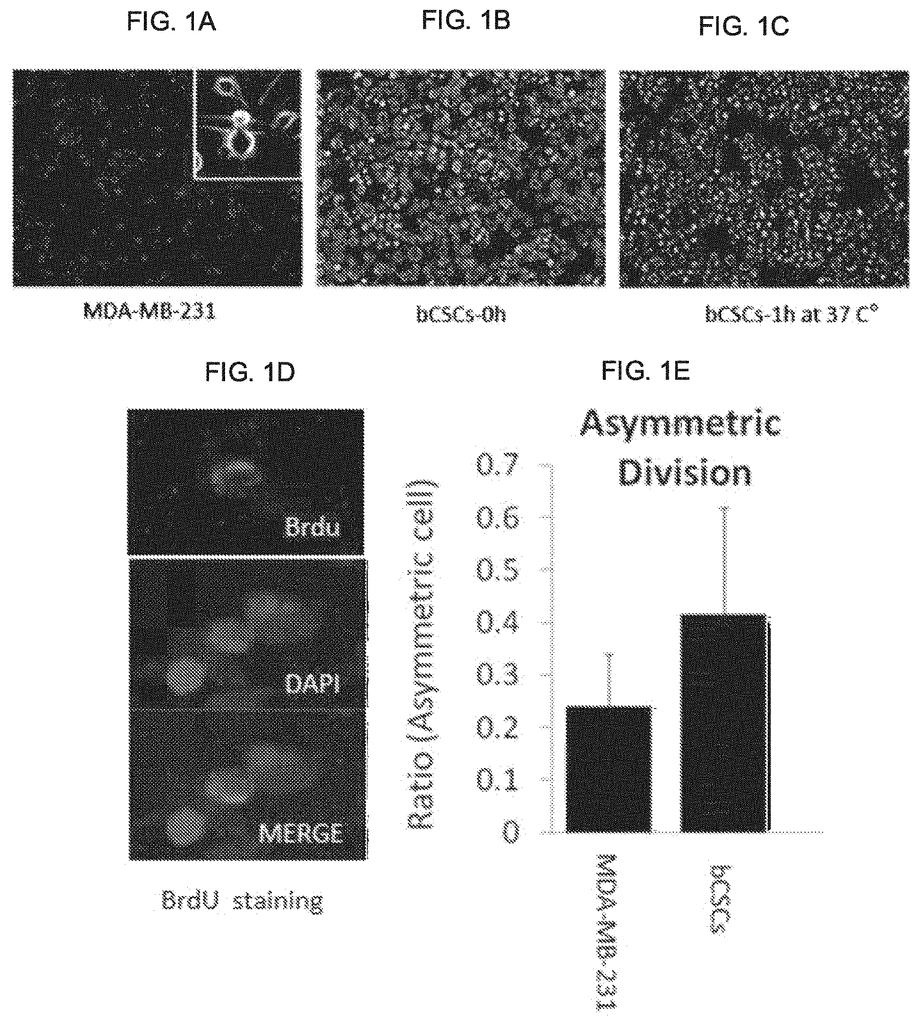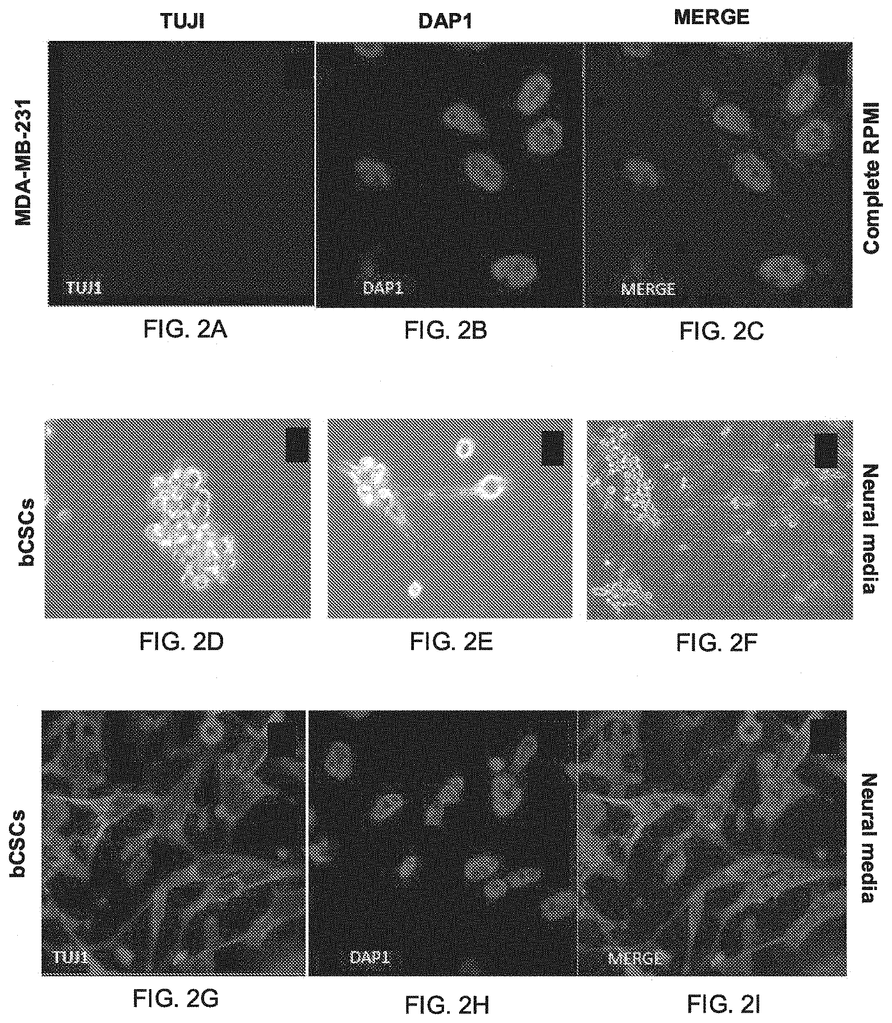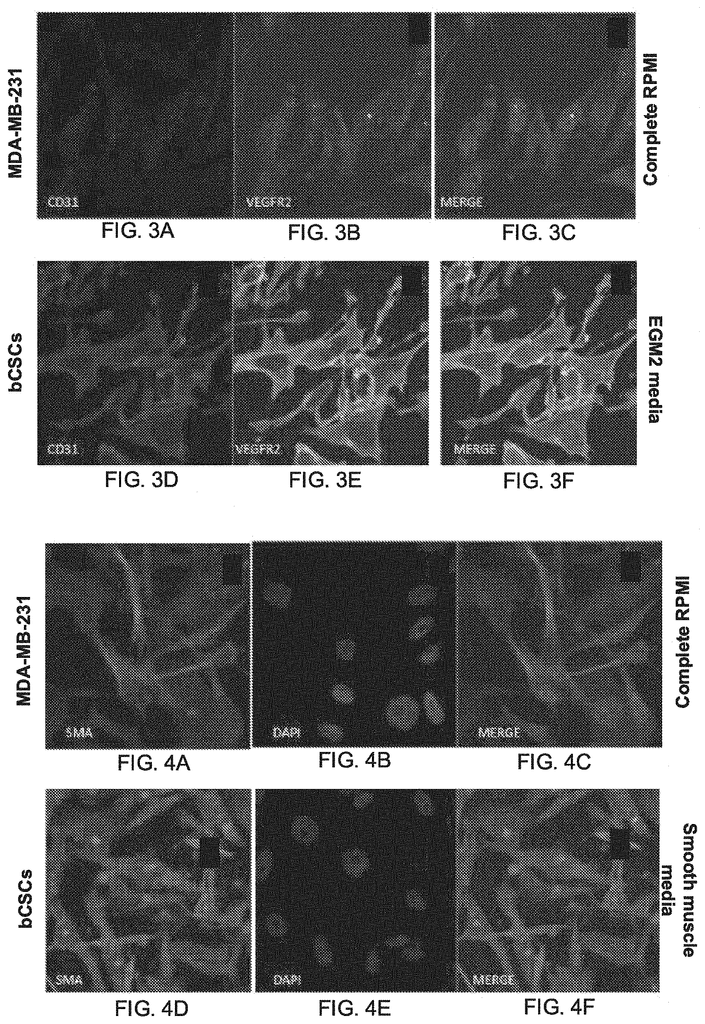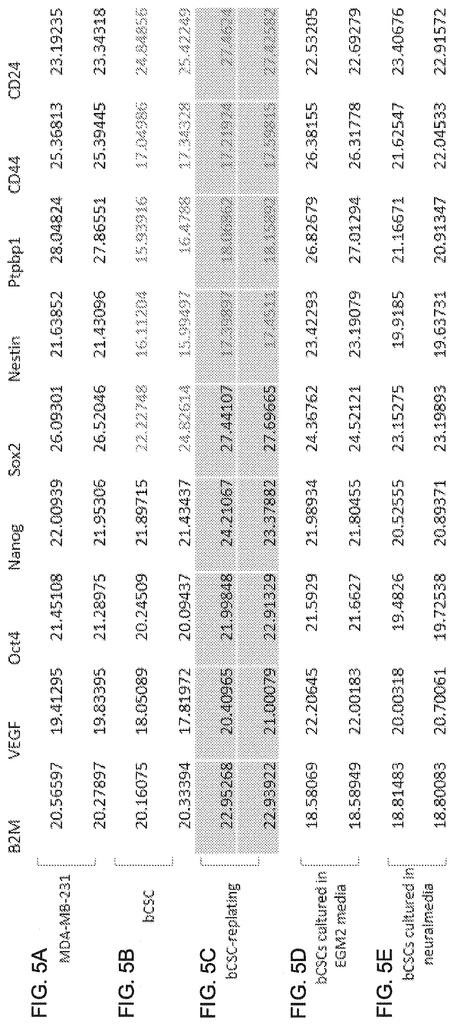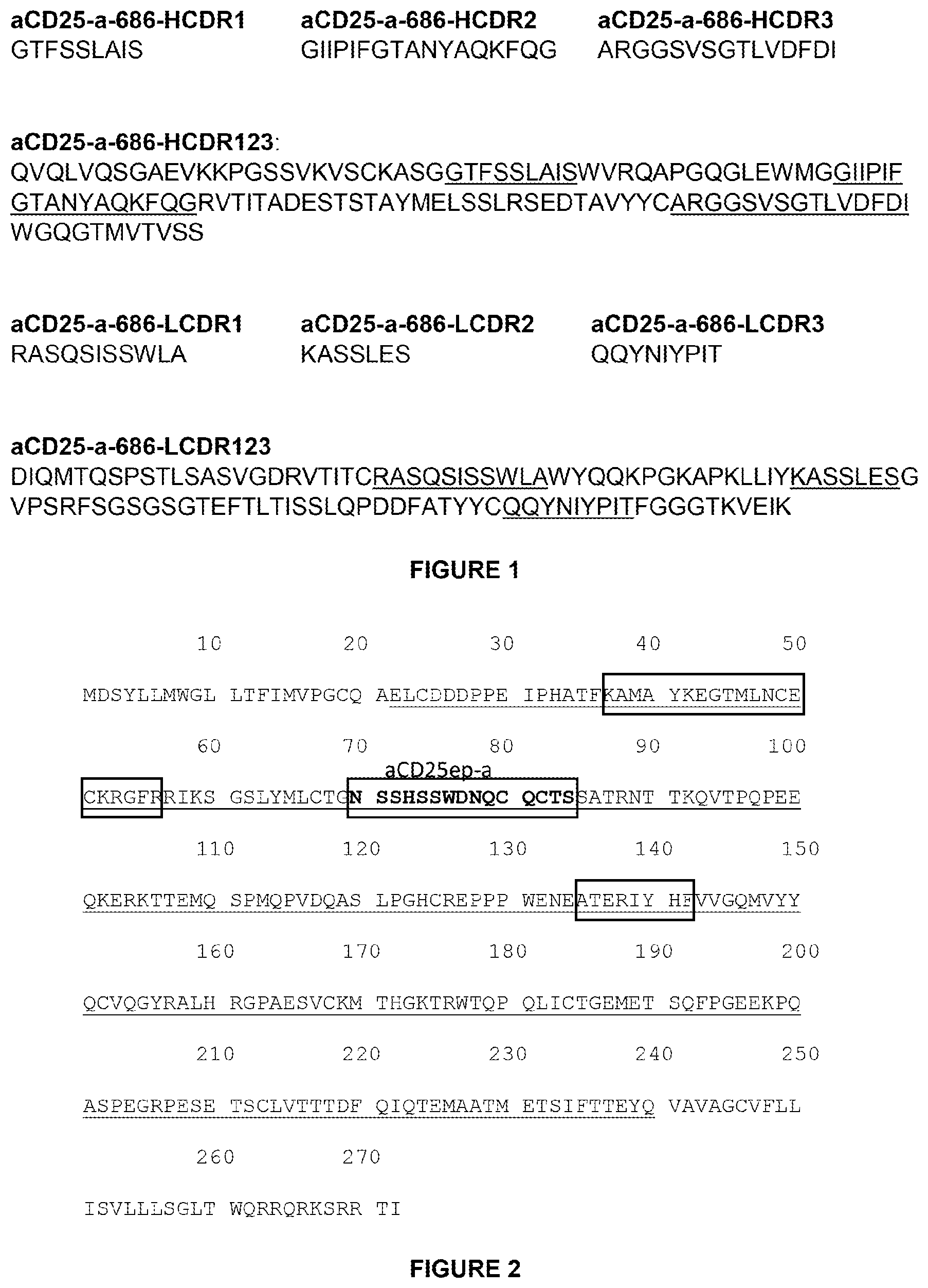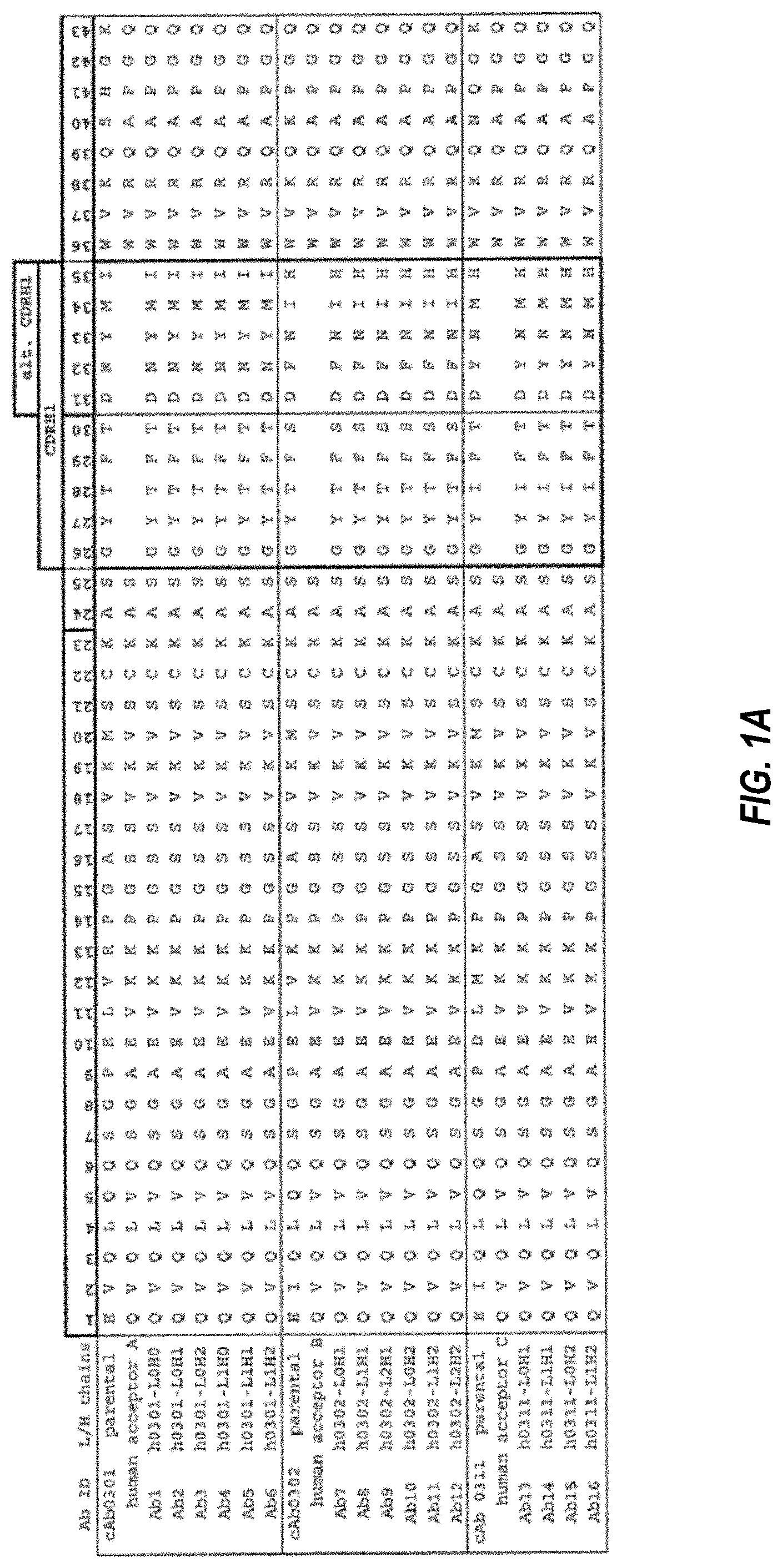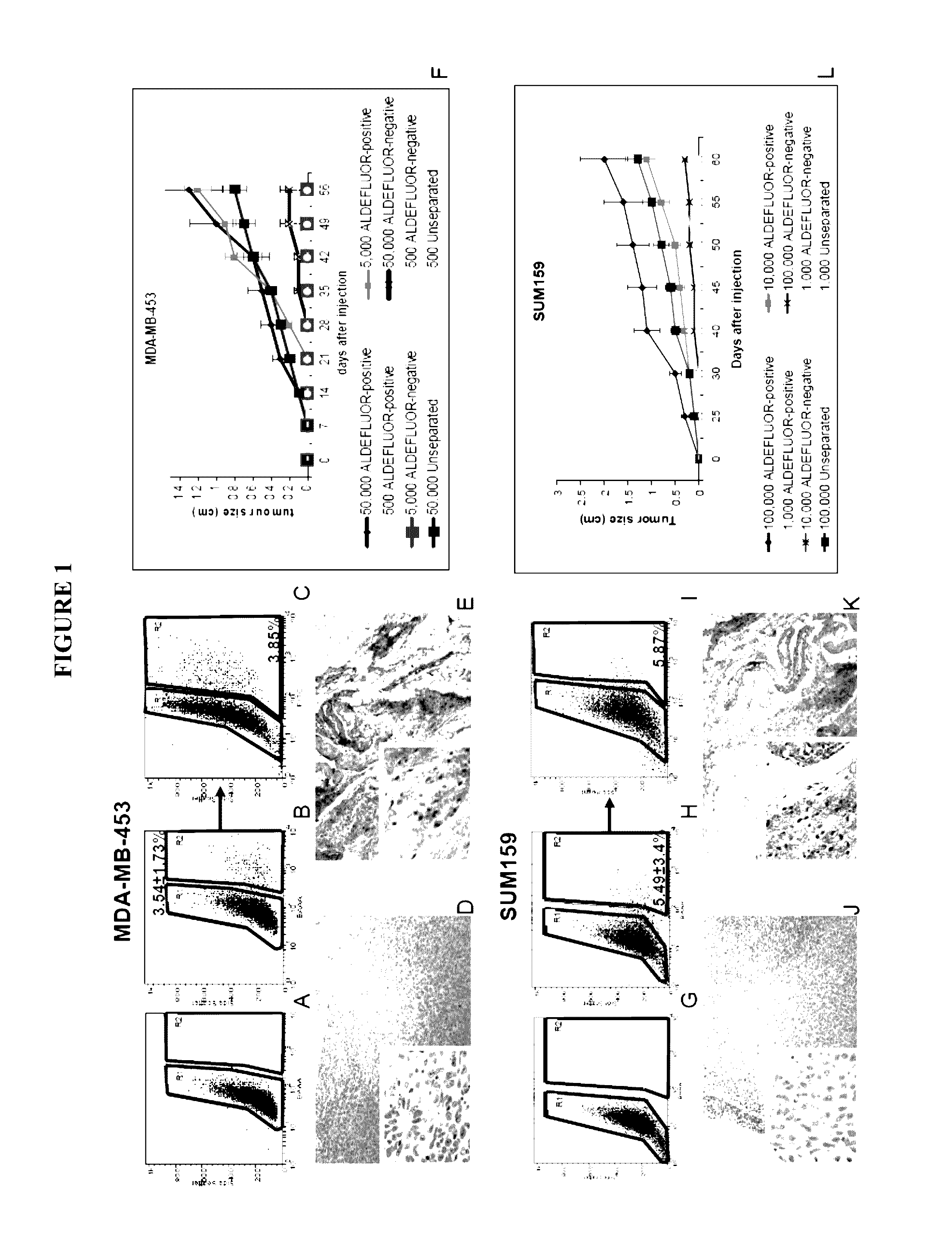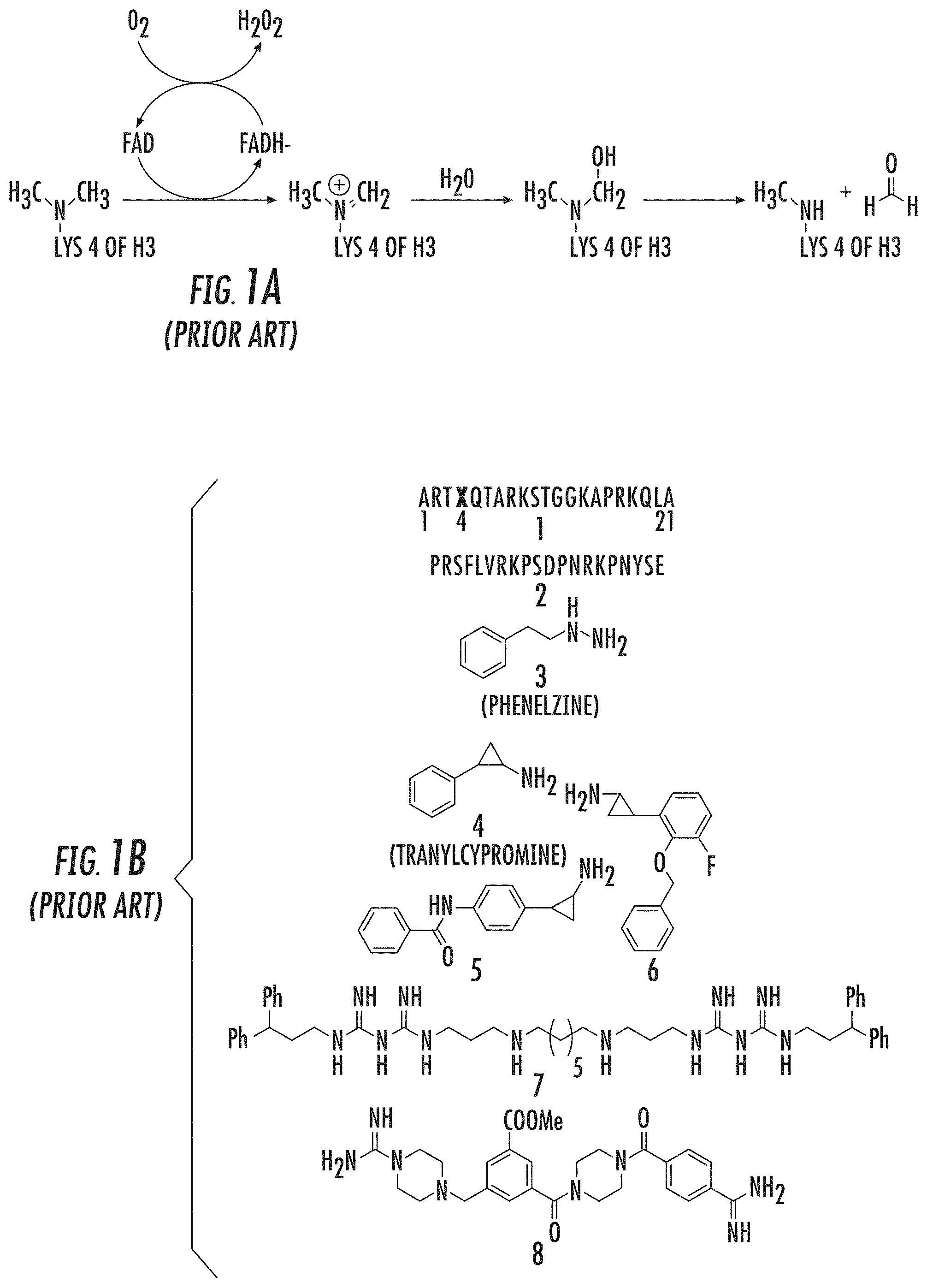Invented by David D. Roberts, Sukhbir Kaur, Chengyu Liu, US Department of Health and Human Services
The market for CD47 targeting methods is driven by the increasing prevalence of cancer worldwide. According to the World Health Organization (WHO), cancer is the second leading cause of death globally, with approximately 9.6 million deaths in 2018 alone. Conventional cancer treatments such as chemotherapy and radiation therapy have limitations in eradicating cancer stem cells, leading to treatment resistance and disease relapse. Therefore, there is a pressing need for novel therapeutic approaches that specifically target and eliminate these cells.
CD47 targeting methods offer a promising solution to this challenge. Several approaches have been developed to inhibit CD47, including monoclonal antibodies, small molecule inhibitors, and peptide-based therapies. These methods work by blocking the interaction between CD47 and its receptor, signal regulatory protein alpha (SIRP?), which is expressed on immune cells. By disrupting this interaction, CD47 targeting methods enhance the phagocytosis of cancer stem cells by immune cells, leading to their elimination.
The market for CD47 targeting methods is expected to witness significant growth in the coming years. Several companies are actively involved in the development of CD47-targeted therapies and have entered clinical trials. For example, Trillium Therapeutics is developing a CD47-blocking antibody, TTI-621, which has shown promising results in early-phase clinical trials for hematological malignancies. Forty Seven Inc., now part of Gilead Sciences, is also developing a CD47-blocking antibody, magrolimab, which has demonstrated encouraging efficacy in clinical trials for acute myeloid leukemia and myelodysplastic syndrome.
In addition to these antibody-based therapies, small molecule inhibitors targeting CD47 are also being explored. For instance, Aurigene Discovery Technologies is developing a small molecule inhibitor, AUR101, which has shown promising preclinical results in various cancer types. These diverse approaches reflect the growing interest and investment in CD47 targeting methods.
The market for CD47 targeting methods is not without challenges. One major hurdle is the potential for off-target effects, as CD47 is expressed on normal cells as well. Therefore, it is crucial to develop therapies that selectively target cancer cells while sparing healthy tissues. Additionally, the high cost of development and the regulatory approval process pose significant barriers to market entry.
Despite these challenges, the market for methods for eliminating cancer stem cells by CD47 targeting holds immense potential. The ability to specifically target and eliminate cancer stem cells has the potential to revolutionize cancer treatment and improve patient outcomes. As research continues to uncover the mechanisms underlying CD47 signaling and its role in cancer stem cell biology, the market for CD47 targeting methods is expected to expand further, attracting more investment and driving innovation in this field.
The US Department of Health and Human Services invention works as follows
Disclosed herein is a discovery that cancer stem cell (CSCs), can be induced into differentiation by altering CD47 signals. Herein are provided methods and compositions to induce differentiation of cancer stems cells, such as irreversible differentiation. This includes methods for treating cancer patients with breast cancer, colon, lung, ovarian, or melanoma cancer and metastatic cancer. “Also provided are methods of treating triple-negative breast cancers by forcing differentiation of bCSCs through targeting CD47.
Background for Methods for eliminating cancer stem cells by cd47 targeting
I. Terms
II. “II.
III. “III.
IV. “IV.
V. Peptides & Peptide Variants
VI. “VI.
VII. “VII.
VIII. “VIII.
IX. Kits
EXAMPLES
Example 1 : Characterization of bCSC phenotype
Example 2″: Differentiation of the bCSCs through CD47 blockade using B6H12
Example 4: Differentiation Of Additional CSCs Through CD47
Example 4 : Inducing Differences of CSCs in a In Vivo Model.
Example 5. Antibody-induced CD47 signaling suppresses stem cells in triple-negative breast cancer
INTRODUCTION
Materials and Methods
Asymmetric Cell Division
RNA Extraction with Real-Time PCR”.
BrdU Cell Proliferation assay
Micrograph Processing and Analysis
Click here to view the patent on Google Patents.

